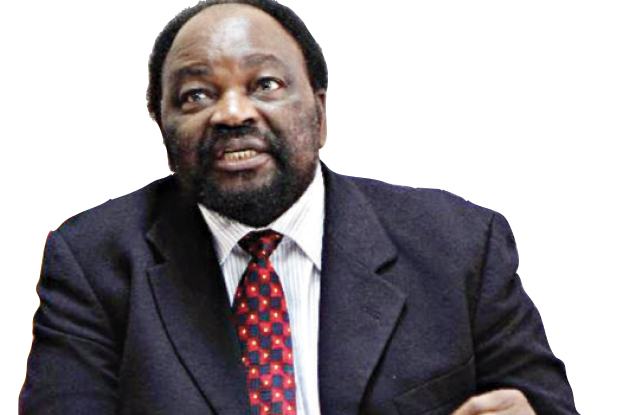EDITORIAL COMMENT: Teachers must give Govt a chance, allow room for negotiations

THE planned strike by teachers scheduled to coincide with the opening of schools next week is premature as Government is still finding ways of addressing their concerns. Teacher unions should therefore allow the process that is underway to resolve their grievances to reach its logical conclusion before rushing to embark on a costly strike that will cripple the education sector. They cannot, on the one hand, appear to be negotiating with Government in good faith while embarking on a disruptive exercise that will have far reaching implications on the education of children in the country’s schools.
A strike should be the last resort after exhausting all avenues to seeking redress to their grievances which Government has accepted are genuine. Teachers should also be cognisant of the financial position of Treasury given the current efforts to mobilise resources to kick-start key sectors of the economy. Like nurses who sought to arm twist Government by embarking on a collective job action, teachers could find themselves on a collision course with their employer who is grappling with a myriad of challenges.
By adopting a hardline stance, teachers risk being seen as saboteurs and pawns in a high stakes game in which the opposition is seeking to gain cheap political capital by using the Zimbabwe Congress of Trade Unions to mobilise its affiliates to make the country ungovernable. Political temperatures are rising ahead of crucial elections slated for July and teachers should be wary of getting entangled in a messy tussle for power between the country’s political gladiators.
Government has already declared the planned strike “unlawful” and “highly immature” and we are persuaded to agree with that position since negotiations are still on. Government also says it is committed to improving the working conditions of teachers and restated that civil servants — who negotiate with Government through the National Joint Negotiating Council (NJNC) — are legally expected to negotiate at least three times before declaring a deadlock.
Two meetings have been held so far making the Zimbabwe Teachers’ Association — the biggest union of educators in the country with 43 000 members — resolution at the end of its 37th annual national conference in Victoria Falls last week that teachers would go on strike on May 8 to force a salary review and reinstatement of vacation leave, null and void.
Addressing journalists in Harare on Wednesday night, the Minister of State for Presidential Affairs and Monitoring Implementation of Government Programmes, Cde Simbarashe Mumbengegwi, urged unions to give Government a chance. “The five education sector unions threatened to take strike action without even attempting to give negotiations a chance. Government is therefore calling upon all teachers not to participate in this unlawful and highly premature strike action called for by some of the union leaders who may not have the same agenda of improving conditions of service for the teachers,” said Minister Mumbengegwi.
“Government would like to assure all teachers that it is its objective to improve the working conditions of teachers who play a crucial role in the making of future leaders. Furthermore, Government wishes to assure all members of the civil service of this same commitment. Government is committed to negotiate with the Apex Council in good faith,” he said.
Government says under current regulations, there are established procedures of conducting negotiations with civil servants, particularly through provisions of Statutory Instrument 141 of 1997, which establishes the Public Service Joint Negotiating Council. “The said instrument provides for the procedure in which worker representatives engage with Government representatives by engaging in mutual consultations and negotiate salaries, allowances and other conditions of service in the Public Service,” he said.
According to Minister Mumbengegwi, the Apex Council, an umbrella body of all public service employees which participates in the NJNC, has since submitted a detailed report on civil servants’ concerns. The report is expected to be discussed today. “The Apex Council met with Government as a Joint Negotiating Council on April 20, 2018, and the next meeting is scheduled for Friday, May 4, 2018, to consider the detailed position paper presented by the Apex Council as part of the negotiating process. Under Statutory Instrument 141 of 1997, the National Joint Negotiating Council is required to meet and negotiate for at least three sessions before declaring a deadlock. We have not reached that stage,” said Minister Mumbengegwi.
“Therefore any strike action would not only be unlawful but also highly premature. We must give negotiations a chance. The five Education unions should show respect for the negotiation process rather than undermining it by being confrontational. If these five leaders who are threatening to go on strike are truly representing the workers then they must abandon the confrontational approach and instead follow dialogue as prescribed by law,” he added.
We totally agree with the Minister and urge teacher unions to give dialogue a chance and not hold school children to ransom through an ill-conceived job action.











Comments